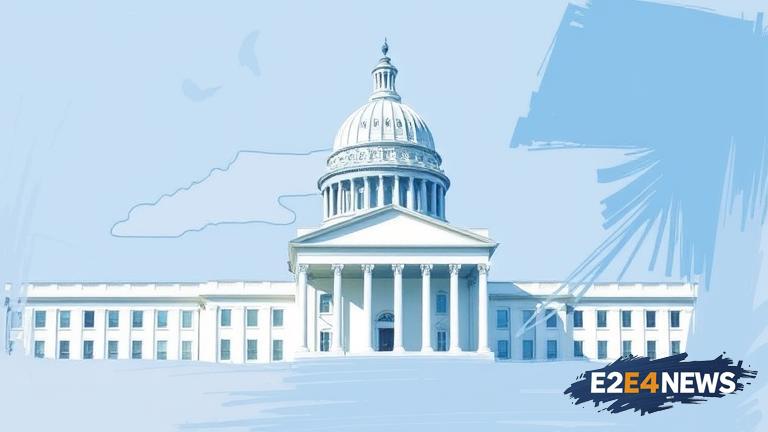A group of North Carolina lawmakers has introduced a bill that seeks to increase transparency in government by requiring state agencies to disclose more information about their activities and decisions. The bill, which was introduced in the state legislature, would require state agencies to provide more detailed information about their budgets, contracts, and other activities. This would include information about how taxpayer dollars are being spent, as well as details about any contracts or agreements entered into by the state. The bill’s sponsors argue that this increased transparency would help to build trust between the government and the public, and would also help to prevent corruption and abuse of power. They point out that many other states have already implemented similar transparency measures, and that North Carolina is lagging behind in this area. The bill has received support from a number of good government groups, who argue that it would help to promote accountability and openness in state government. However, some critics have expressed concerns that the bill could be too burdensome for state agencies, and that it could lead to unnecessary bureaucracy and red tape. Despite these concerns, the bill’s sponsors are confident that it would have a positive impact on the state, and are urging their colleagues to support it. The bill is currently making its way through the legislative process, and is expected to be debated and voted on in the coming weeks. If it is passed, it would go into effect on January 1st of next year. The bill’s provisions would apply to all state agencies, including the governor’s office and the state legislature. It would also apply to local governments, including counties and municipalities. The bill’s sponsors believe that it would help to promote a culture of transparency and accountability in state government, and would help to ensure that taxpayer dollars are being spent wisely. They also believe that it would help to prevent corruption and abuse of power, by providing the public with more information about the activities of state agencies. The bill has been endorsed by a number of prominent good government groups, including the North Carolina chapter of the League of Women Voters. These groups argue that the bill would help to promote transparency and accountability in state government, and would help to build trust between the government and the public. The bill’s sponsors are also pointing out that many other states have already implemented similar transparency measures, and that North Carolina is lagging behind in this area. They believe that the bill would help to bring the state up to speed, and would provide the public with more information about the activities of state agencies. The bill’s provisions would include requirements for state agencies to disclose more information about their budgets and contracts, as well as details about any agreements or partnerships they enter into. It would also require state agencies to provide more information about their decision-making processes, and to make this information available to the public in a timely and accessible manner. The bill’s sponsors believe that this increased transparency would help to promote accountability and openness in state government, and would help to build trust between the government and the public. They are urging their colleagues to support the bill, and are confident that it would have a positive impact on the state. The bill is currently being considered by the state legislature, and is expected to be debated and voted on in the coming weeks. If it is passed, it would go into effect on January 1st of next year, and would apply to all state agencies and local governments. The bill’s sponsors are confident that it would help to promote a culture of transparency and accountability in state government, and would help to ensure that taxpayer dollars are being spent wisely. They believe that the bill would help to prevent corruption and abuse of power, and would provide the public with more information about the activities of state agencies. The bill has received widespread support from good government groups and the public, and is expected to be a major issue in the upcoming legislative session.
